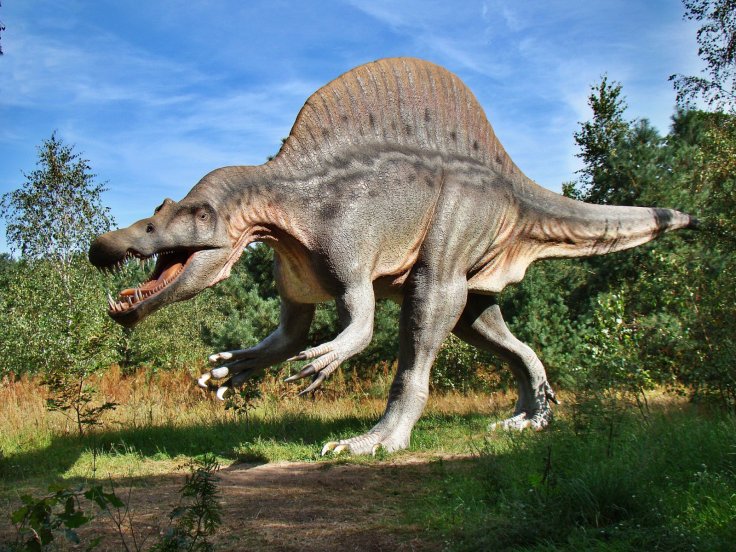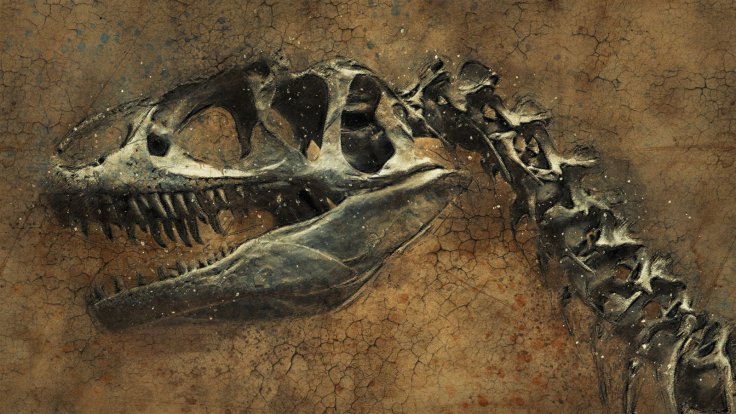Paleontologists have discovered a new species of dinosaurs dating about 73-million-years ago and have found the fossils in north Mexico, revealed the country's National Institute of Anthropology and History (INAH).
Scientists revealed that the dinosaurs might have died in a water body full of sediments and the rich soil naturally preserved the fossil through ages and have named it Tlatolophus.

''About 72 or 73 million years ago, a huge herbivore dinosaur died in what must have been a body of water full of sediment, so that its body was quickly covered by the earth and could be preserved through the ages,'' said INAH in a statement.
Scientists discovered the tail of the large mammal first and as excavations continued, the team discovered 80 percent of its skull along with its 1.32-meter crest and bones such as femur and shoulder. After analyzing the bones, researchers realized they have a new species of dinosaurs in their hands.
The team in a statement said the new found species of dinosaurs could hear low-frequency sounds and stated that they could have been ''talkative dinosaurs.'' The statement read, ''We know that they had ears with the capacity of hearing low-frequency sounds, so they must have been peaceful but talkative dinosaurs.''

Paleontologists also believe that the dinosaurs "emitted strong sounds to scare away predators or for reproductive purposes." However the discovery is still under investigation but the research about the new found species has been published in the scientific journal Cretaceous Research by INAH.
INAH stated that the weather and soil conditions were favourable as it was a tropical region and the team found the fossils preserved in its best conditions. ''It is an exceptional case in Mexican paleontology. Highly favorable events had to occur millions of years ago, when Coahuila was a tropical region, for it to be conserved in the conditions it was found in.''
Also, the name Tlatolophus comes from the indigenous Nahuatl language word 'tlahtolli' which means a word or statement and the word lophus is dervied by the Greek language meaning crest.
The fossils crest shape looks like ''a symbol used by Mesoamerican people in ancient manuscripts to represent the action of communication and knowledge itself,'' said INAH a statement.









